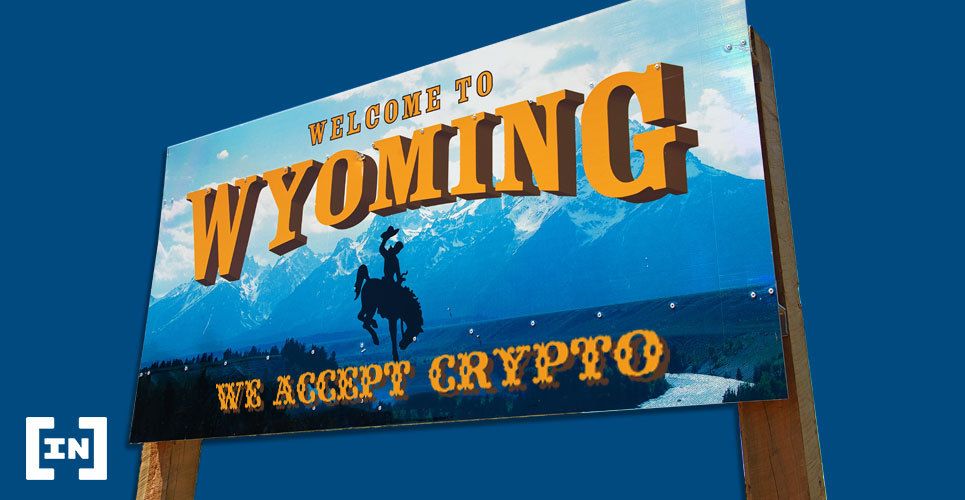Legal frameworks for things that are emerging and uncertain, like blockchain technology today, have always needed a focal point to break through.
The road to clear regulatory frameworks for blockchain technology in the U.S. has come via state legislature, as opposed to being decided at the national level. With emerging tech, states see an opportunity and have sought to establish themselves as hotspots of blockchain technology.
Wyoming has been especially active in this area and reportedly aims to be a corporate-friendly Delaware-like state, as well as a haven for blockchain business activity. In this regard, the Wyoming legislature has pushed several blockchain-related bills through committee since the beginning of the year — continuing off an active 2018, when the state had already passed a number of regulatory measures.
Two bills that have been recently passed through committee and will be considered by the full Wyoming House are:
- HB57 would create a supervised, flexible, regulated fintech sandbox to test new products and services.
- HB70 would authorize the implementation of a blockchain-based commercial filing system for documents required to be filed with the secretary of state under certain provisions of Wyoming law.

The bill that has been passed on Feb 14 and is set to become law is the SF125, which recognizes property rights for direct ownership of digital assets. According to the act, digital assets are considered intangible personal property — meaning that there is no need for an intermediary to legally own digital assets.
The bill is also a step forward for securities aiming to be tokenized, as the document also authorizes security interests in digital assets. Moreover, banks now have a framework to work with to provide custodial services for digital assets in the state of Wyoming.
The legislature will come into effect on July 1 and should have a big impact on the state’s attractiveness for cryptocurrency companies.
1/ BOOM! #Wyoming just recognized clear, direct property rights for #digitalassets by passing SF125! This means #blockchain cos will prob want to apply WY law to your contracts, domicile here, &/or have a physical presence here. Thx again to the army of ppl who helped over months pic.twitter.com/I4E3GfPZbC
— Caitlin Long 🔑 (@CaitlinLong_) February 14, 2019
Caitlin Long, the co-founder of the Wyoming Blockchain Coalition, sees a bright future for the state and anticipates that blockchain companies will prefer Wyoming’s regulatory framework to New York’s.
Whether money will start fleeing from the financial capital of the world remains to be seen, but Wyoming has certainly caught the attention of blockchain companies. With further clarity regarding digital assets, the state could become a nest for U.S.-based cryptocurrency companies in the immediate future.
How do you view this development? Will other states follow Wyoming? Will Wyoming emerge as a hub for blockchain companies? Let us know your thoughts in the comments below!
